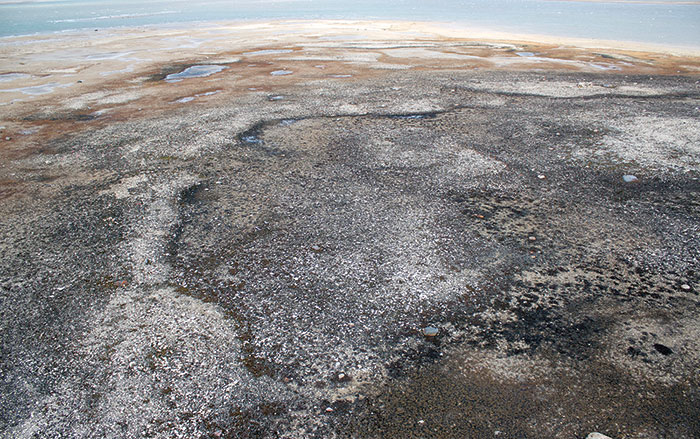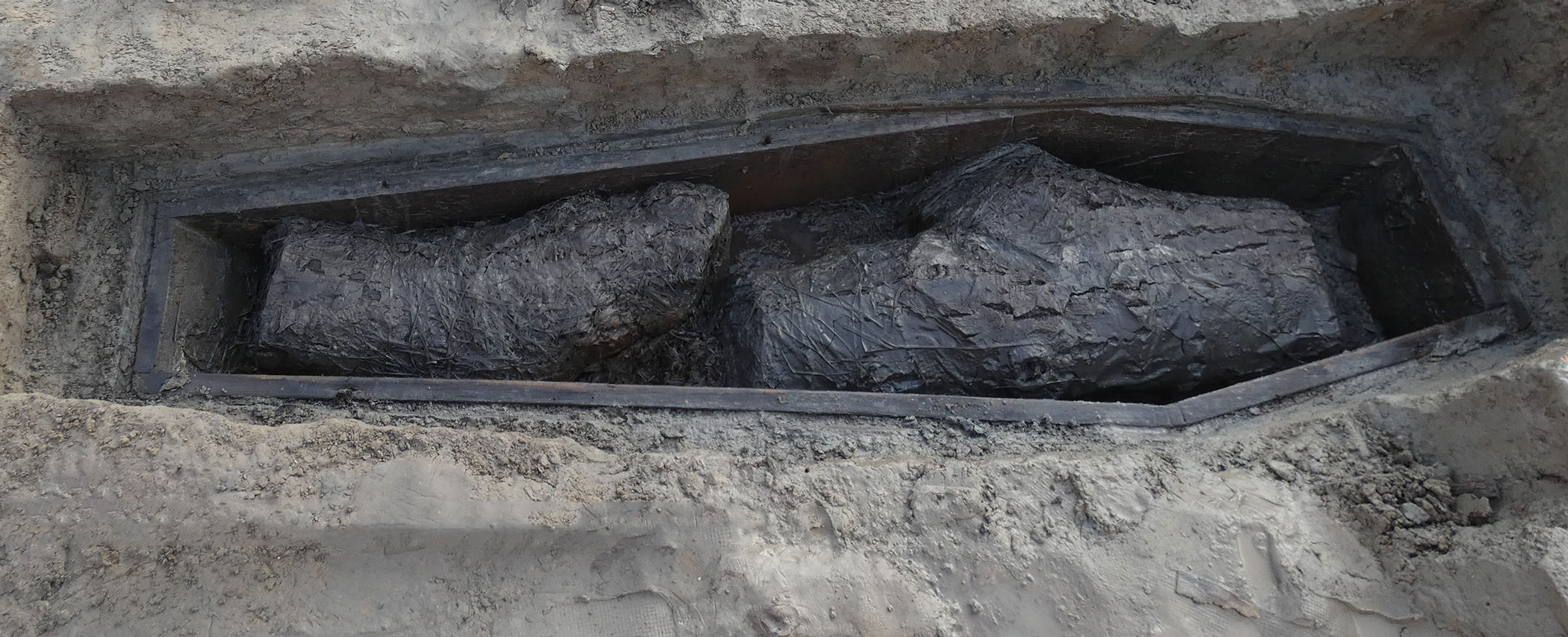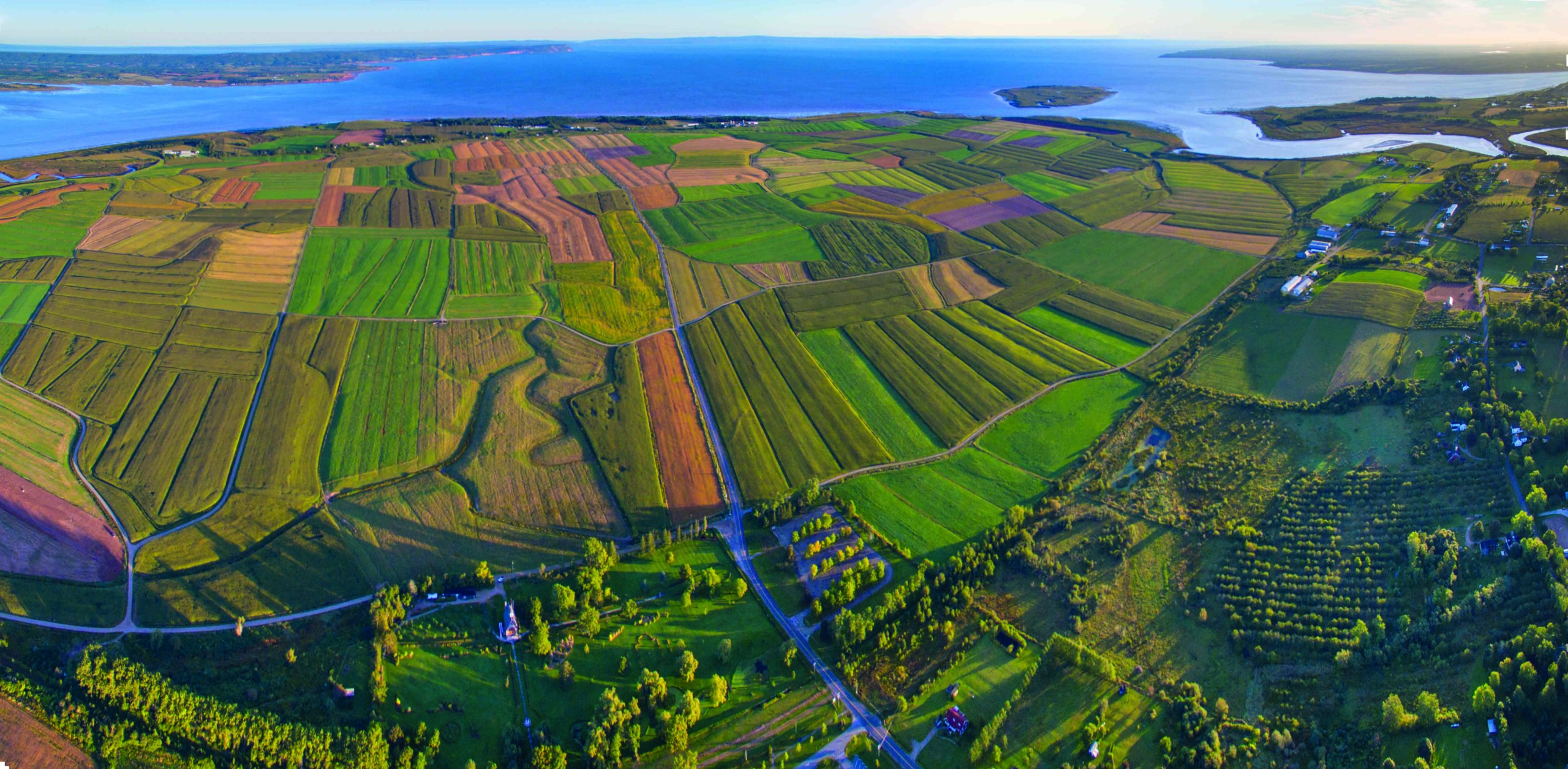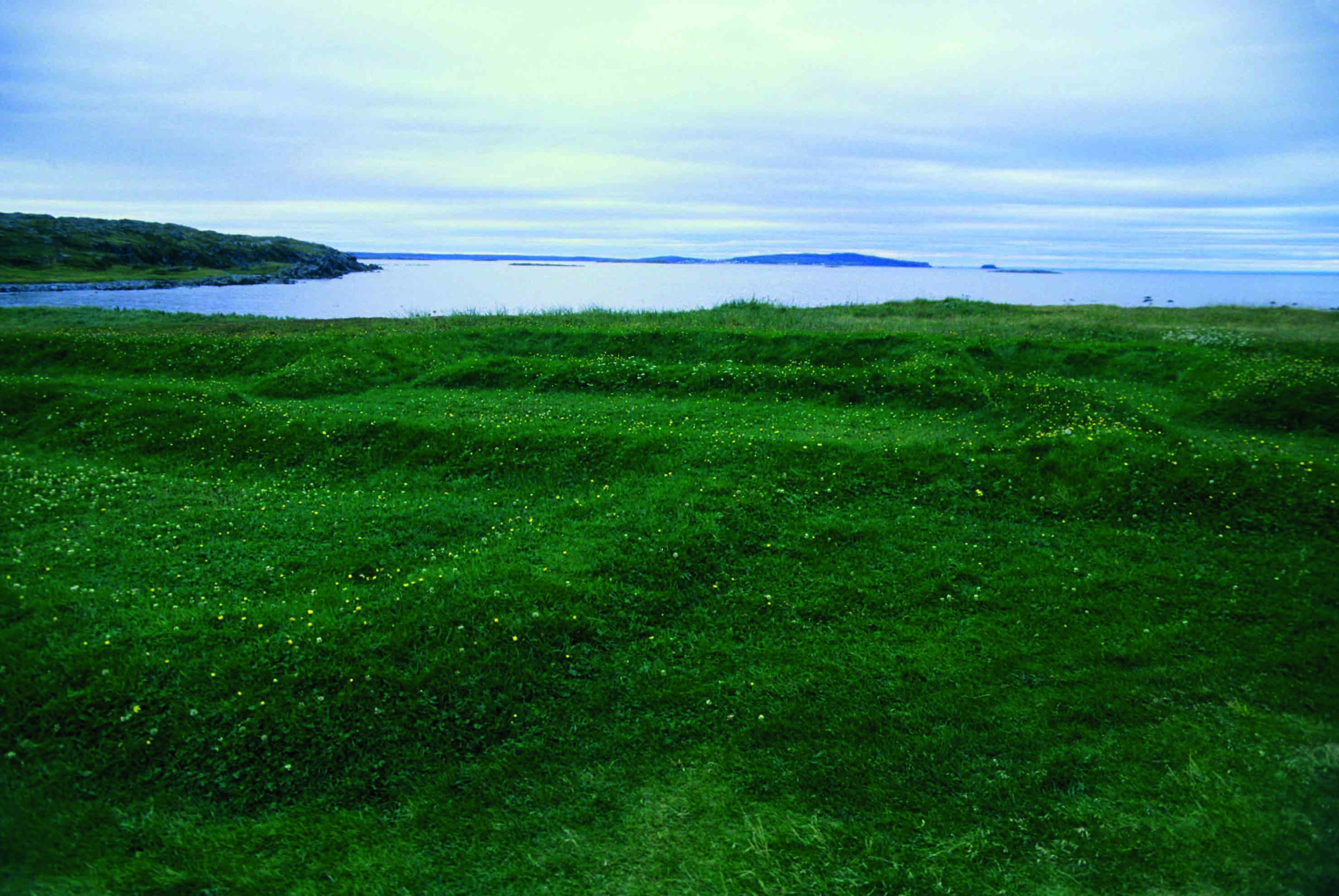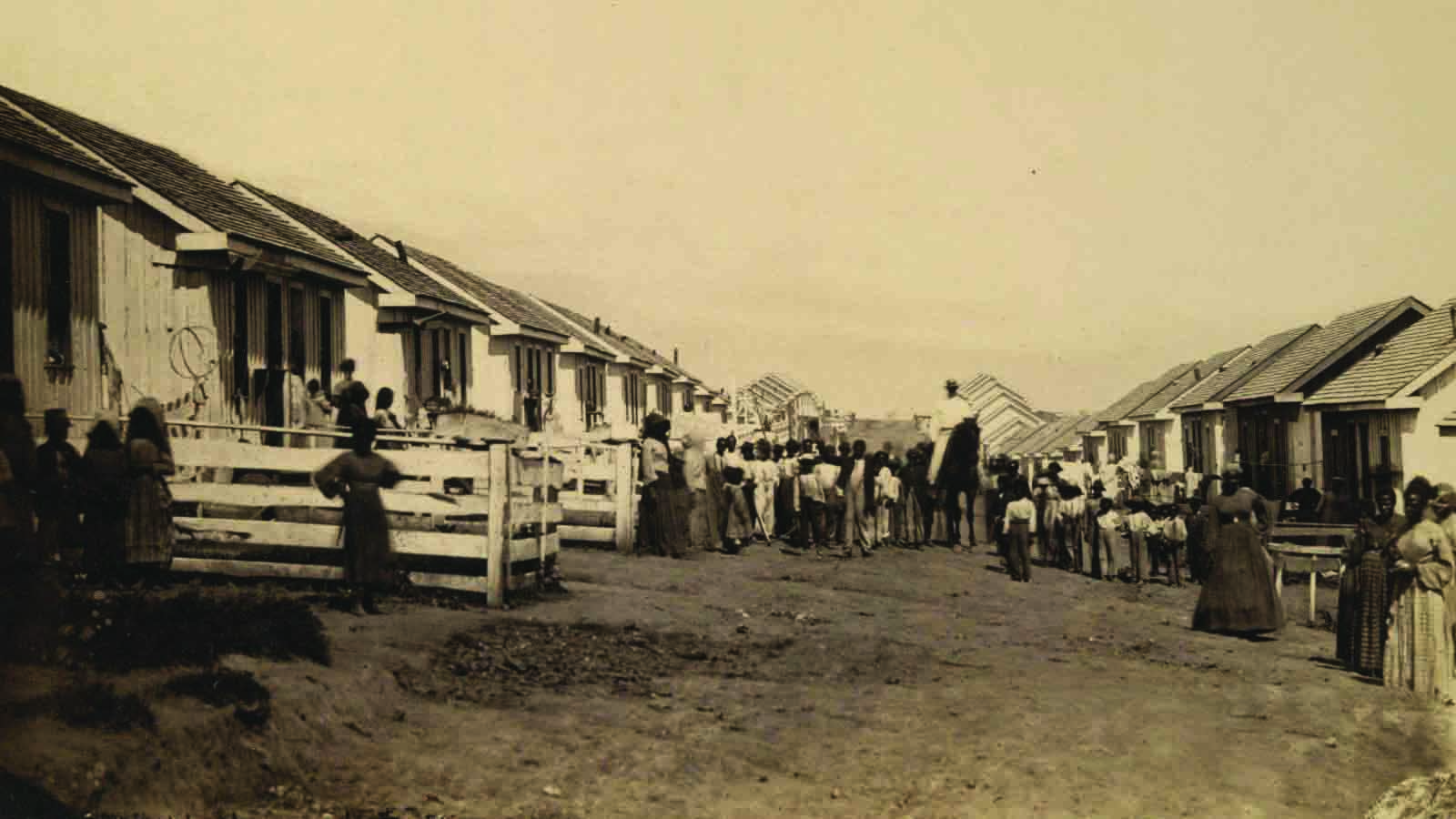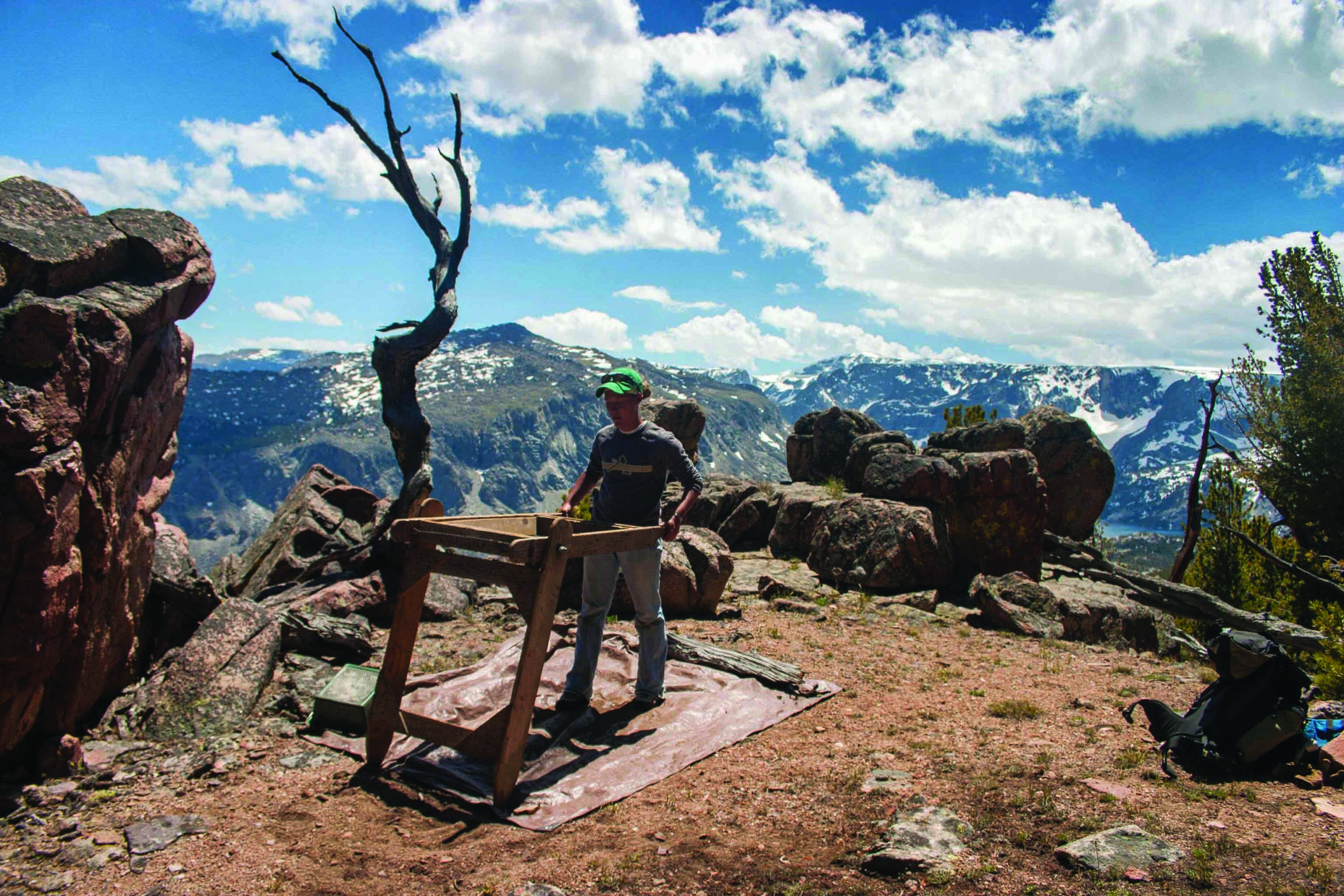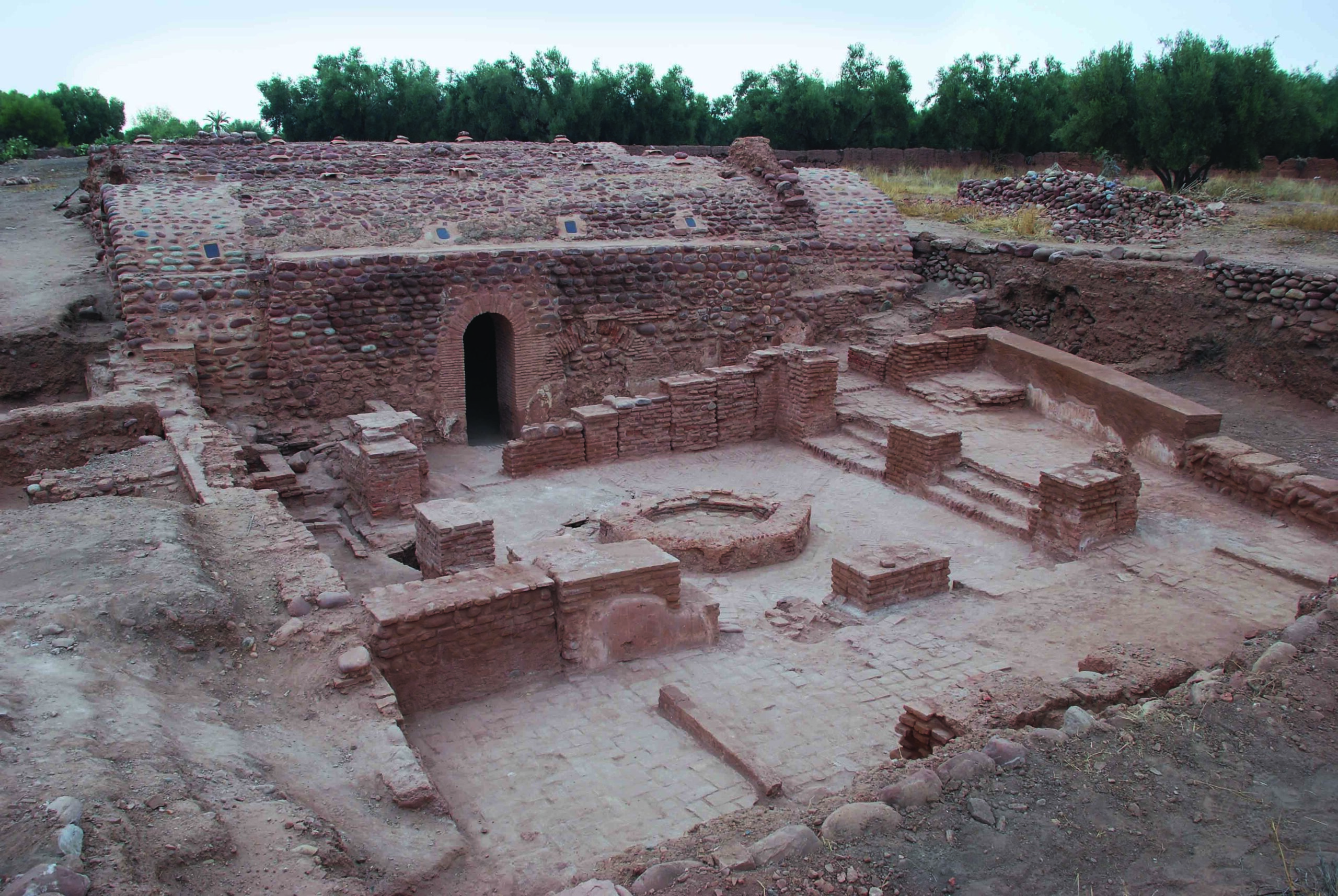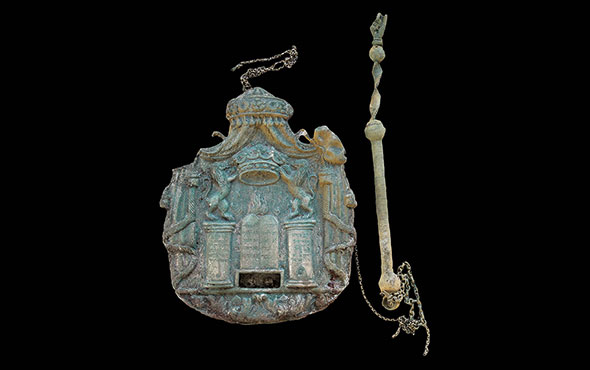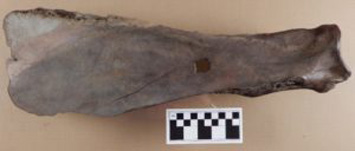
MANITOBA, CANADA—The Battlefords News-Optimist reports that modified bison shoulder blades have been discovered eroding out of a creek bed in southwestern Manitoba. Mary Malainey of Brandon University and her colleagues said the objects, which are usually found in fragments, were used as hoes. “This is only the second site in Manitoba where we have that,” she said. The researchers think the hoes were exposed by recent flooding, and so they are looking for other gardening artifacts and evidence of agriculture, storage pits, and houses before they are lost to erosion. “It’s too soon to say which Indigenous population made and used the hoes,” Malainey added. “We know that the people who lived in that area probably lived there for about 200 years from the late 1400s to the 1600s or 1700s.” The displacement caused by the European fur trade, she explained, makes it difficult to pinpoint which ethnic group lived in the area. The team members invited the Dakota Ojibway Tribal Council and First Nations in southwestern Manitoba to participate in the project. To read about an unusual discovery from a bison kill site, go to "Bison Bone Mystery."


